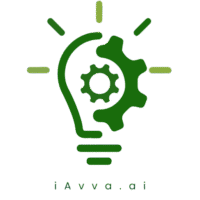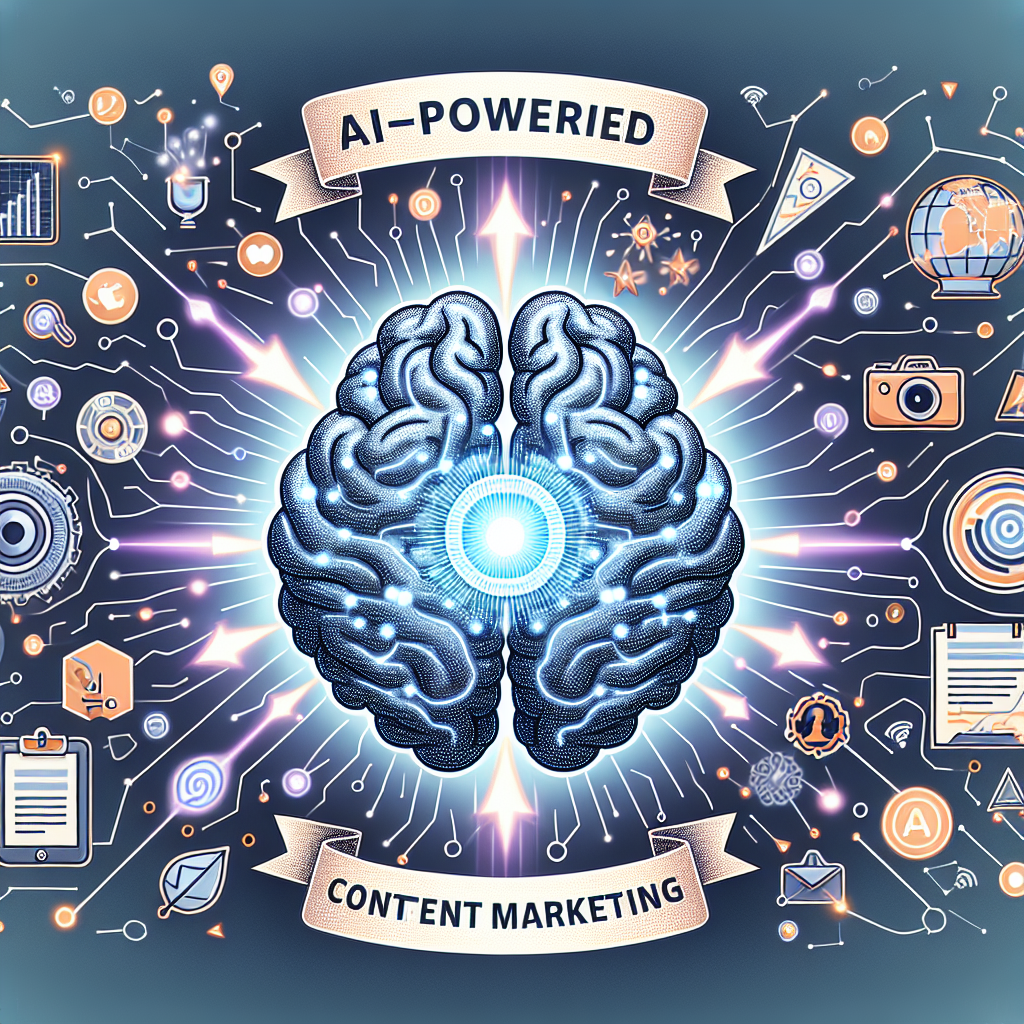In the rapidly evolving landscape of education, the role of an AI coach has emerged as a transformative force. An AI coach is not merely a tool; it is a sophisticated system designed to support educators in their teaching endeavors. By leveraging advanced algorithms and machine learning, AI coaches can analyze vast amounts of data to provide insights that enhance instructional strategies.
This technology acts as a virtual mentor, offering personalized recommendations based on individual teaching styles and student needs. The integration of AI coaching into the educational framework signifies a shift towards a more data-driven approach, where decisions are informed by evidence rather than intuition alone. Moreover, the AI coach serves as a bridge between traditional teaching methods and innovative practices.
It empowers educators to embrace new pedagogical approaches while maintaining the core values of education. By providing real-time feedback and resources tailored to specific classroom dynamics, AI coaches enable teachers to refine their techniques and adapt to the diverse learning styles of their students. This symbiotic relationship between human educators and AI technology fosters an environment where both can thrive, ultimately leading to improved educational outcomes. Visit iAvva Store
Key Takeaways
- AI coaching can play a crucial role in providing personalized learning experiences for students.
- Utilizing AI technology can enhance teaching strategies by providing data-driven feedback and individualized support.
- Personalizing learning experiences with AI coaching can help address individual student needs and improve student engagement.
- Implementing data-driven feedback from an AI coach can enhance assessment and grading processes for teachers.
- Integrating AI coaching into classroom management can help overcome challenges and misconceptions about AI coaching and improve professional development for educators.
Utilizing AI Technology to Enhance Teaching Strategies
The integration of AI technology into teaching strategies has opened up a world of possibilities for educators. With the ability to analyze student performance data, AI can identify patterns and trends that may not be immediately apparent to teachers. For instance, an AI system can track student engagement levels during lessons, pinpointing which topics resonate most and which require further clarification.
This data-driven insight allows educators to adjust their teaching methods in real-time, ensuring that they meet the needs of their students effectively. Furthermore, AI technology can facilitate the creation of dynamic lesson plans that adapt to the evolving classroom environment. By utilizing predictive analytics, teachers can anticipate potential challenges and proactively address them before they escalate.
This proactive approach not only enhances the learning experience but also instills confidence in educators as they navigate the complexities of modern teaching. The result is a more responsive and engaging classroom atmosphere where students feel valued and understood.
Personalizing Learning Experiences with AI Coaching
One of the most significant advantages of AI coaching is its ability to personalize learning experiences for each student. Traditional education often adopts a one-size-fits-all approach, which can leave some students feeling disengaged or overwhelmed. In contrast, AI coaching tailors educational content to align with individual learning preferences, strengths, and areas for improvement.
By analyzing data on student performance, interests, and engagement levels, AI coaches can recommend specific resources and activities that resonate with each learner. This personalized approach not only enhances student motivation but also fosters a sense of ownership over their learning journey. When students receive tailored support that acknowledges their unique needs, they are more likely to take an active role in their education.
Additionally, AI coaching can help identify students who may be struggling or excelling, allowing educators to intervene appropriately. This targeted support ensures that every student has the opportunity to thrive academically and personally.
Implementing Data-Driven Feedback from an AI Coach
Data-driven feedback is a cornerstone of effective teaching, and AI coaches excel in providing this invaluable resource. By continuously monitoring student progress and engagement, AI systems can generate actionable insights that inform instructional practices. For example, an AI coach might highlight specific areas where students are struggling, enabling teachers to adjust their lesson plans accordingly.
This feedback loop creates a culture of continuous improvement, where educators are empowered to refine their strategies based on real-time data. Moreover, the implementation of data-driven feedback fosters collaboration between teachers and AI coaches. Educators can engage in reflective practices by analyzing the insights provided by the AI system, leading to more informed decision-making.
This collaborative approach not only enhances teaching effectiveness but also encourages a growth mindset among educators. As they embrace data-driven feedback, teachers become more adept at identifying trends and making adjustments that positively impact student learning outcomes.
Integrating AI Coaching into Classroom Management
Classroom management is a critical aspect of effective teaching, and AI coaching can play a pivotal role in enhancing this process.
By analyzing classroom dynamics and student behavior patterns, AI systems can provide insights that help educators create a more conducive learning environment.
For instance, an AI coach might identify periods of high distraction or disengagement among students, prompting teachers to implement strategies that refocus attention and foster engagement.
Additionally, AI coaching can assist in developing personalized behavior management plans for individual students. By understanding each student’s unique challenges and triggers, educators can tailor their approaches to address specific needs effectively. This level of customization not only improves classroom management but also cultivates a positive atmosphere where students feel supported and understood.
As a result, teachers can focus on delivering quality instruction while maintaining a harmonious classroom environment.
Improving Student Engagement with AI Coaching Techniques
Student engagement is a critical factor in academic success, and AI coaching techniques have proven effective in enhancing this aspect of education. By utilizing gamification elements and interactive learning experiences, AI coaches can create an engaging curriculum that captivates students’ attention. For example, an AI system might recommend incorporating game-based learning activities that align with curriculum objectives while making learning enjoyable.
Moreover, AI coaching can facilitate collaborative learning experiences by connecting students with peers who share similar interests or challenges. This social aspect of learning fosters a sense of community within the classroom, encouraging students to support one another in their educational journeys. As engagement levels rise, so too does student motivation and achievement, creating a positive feedback loop that benefits both learners and educators alike.
Leveraging AI Coaching for Professional Development
The benefits of AI coaching extend beyond the classroom; they also encompass professional development for educators. By analyzing teaching practices and outcomes, AI systems can identify areas for growth and recommend targeted professional development opportunities. For instance, an AI coach might suggest workshops or training sessions focused on specific instructional strategies that align with an educator’s goals.
Furthermore, AI coaching can facilitate peer collaboration by connecting educators with colleagues who have successfully implemented similar strategies.
This collaborative approach fosters a culture of continuous learning among educators, encouraging them to share best practices and support one another in their professional journeys.
As teachers engage in ongoing professional development informed by AI insights, they become more effective practitioners who are better equipped to meet the diverse needs of their students.
Addressing Individual Student Needs with AI Coaching
Every student comes with unique strengths and challenges that require tailored support for optimal learning outcomes. AI coaching excels in addressing these individual needs by providing personalized recommendations based on comprehensive data analysis. For instance, an AI system might identify a student struggling with reading comprehension and suggest targeted interventions such as specialized reading programs or one-on-one tutoring sessions.
Moreover, AI coaching can empower students by giving them agency over their learning experiences. Through self-assessment tools and progress tracking features, students can monitor their growth and set achievable goals for themselves. This sense of ownership fosters intrinsic motivation and encourages students to take an active role in their education.
By addressing individual needs through personalized support, AI coaching creates an inclusive learning environment where every student has the opportunity to succeed.
Enhancing Assessment and Grading with AI Coaching
Assessment is a fundamental component of education, and AI coaching has the potential to revolutionize this process. Traditional grading methods often rely on subjective evaluations that may not accurately reflect a student’s understanding or progress. In contrast, AI systems can analyze student work using advanced algorithms to provide objective assessments based on predefined criteria.
Additionally, AI coaching can streamline the grading process by automating routine tasks such as quiz scoring or assignment evaluations. This efficiency allows educators to focus on providing meaningful feedback rather than getting bogged down in administrative tasks. Furthermore, the insights generated by AI assessments can inform instructional practices by highlighting areas where students excel or struggle.
This data-driven approach ensures that assessments are not merely punitive but serve as valuable tools for growth and improvement.
Overcoming Challenges and Misconceptions about AI Coaching
Despite its numerous benefits, the integration of AI coaching into education is not without challenges and misconceptions. One common concern is the fear that technology will replace human educators rather than enhance their roles. However, it is essential to recognize that AI coaching is designed to complement human expertise rather than replace it.
Educators bring invaluable insights into student behavior and emotional intelligence that technology cannot replicate. Another misconception is that implementing AI coaching requires significant financial investment or technical expertise. While there may be initial costs associated with adopting new technologies, many affordable solutions are available that cater to various educational settings.
Additionally, professional development programs can equip educators with the skills needed to effectively integrate AI coaching into their practices. By addressing these challenges head-on and fostering open dialogue about the role of technology in education, stakeholders can pave the way for successful implementation.
Future Trends and Developments in AI Coaching for Teaching
As we look ahead to the future of education, it is clear that AI coaching will continue to evolve alongside advancements in technology. One emerging trend is the integration of natural language processing (NLP) capabilities into AI systems, allowing for more nuanced interactions between educators and technology. This development could lead to more sophisticated feedback mechanisms that consider not only academic performance but also emotional well-being.
Additionally, as data privacy concerns grow increasingly important, future developments in AI coaching will likely prioritize ethical considerations surrounding student data usage. Educators will need to navigate these complexities while harnessing the power of technology to enhance teaching practices effectively. In conclusion, the role of an AI coach in education represents a paradigm shift towards personalized learning experiences driven by data-informed insights.
By embracing this technology thoughtfully and collaboratively, educators can unlock new possibilities for student engagement, professional development, and overall educational success. The future of teaching lies at the intersection of human expertise and technological innovation—a place where both can thrive together for the benefit of all learners.
FAQs
What is an AI coach for teaching?
An AI coach for teaching is a software program that uses artificial intelligence to provide personalized feedback and guidance to educators in order to improve their teaching practices.
How does an AI coach for teaching work?
An AI coach for teaching works by analyzing data from various sources, such as classroom observations, student performance, and teacher input. It then uses this data to provide targeted recommendations and support to help educators enhance their teaching skills.
What are the benefits of using an AI coach for teaching?
Some benefits of using an AI coach for teaching include personalized feedback, continuous professional development, and the ability to identify areas for improvement. It can also help educators save time and effort by providing targeted support and resources.
Is an AI coach for teaching a replacement for human coaches or mentors?
An AI coach for teaching is not intended to replace human coaches or mentors, but rather to complement their efforts. It can provide additional support and resources to educators, but human interaction and support are still valuable for professional development.
Are there any potential drawbacks to using an AI coach for teaching?
Some potential drawbacks of using an AI coach for teaching include concerns about data privacy and security, as well as the potential for the software to be biased or inaccurate. It is important to carefully consider these factors when implementing an AI coach for teaching.












Leave a Reply